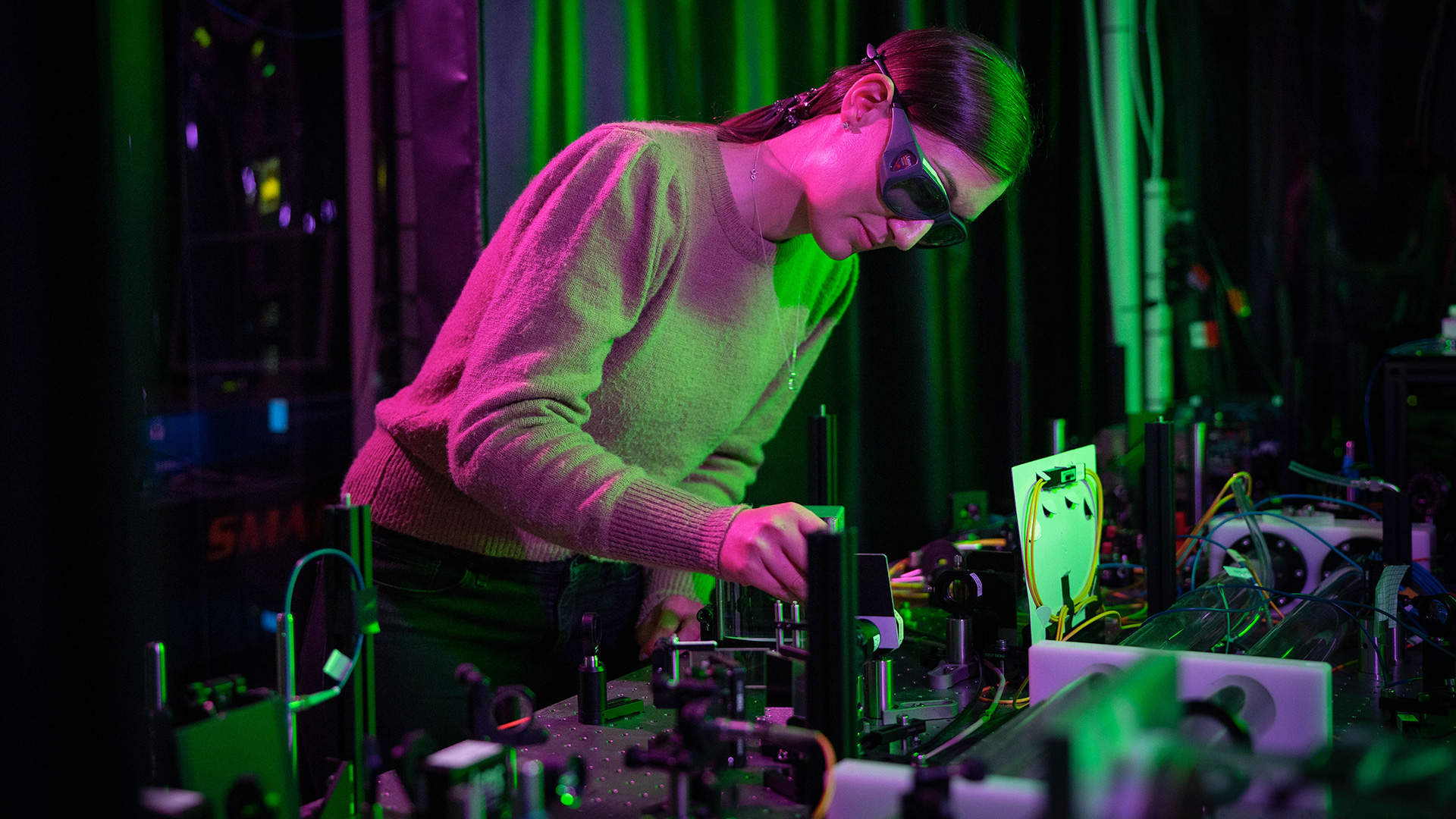Creating a visionary Science Future Fund that could generate economic returns of up to $2.3 billion a year would help offset mounting social services spending pressures on the nation's finances and start to reverse Australia's dangerously low investment in income-generating R&D.

In its pre-Budget submission, Science & Technology Australia has proposed the new future fund as a clever way for the Albanese Government to implement its election pledge to boost Australia's research and development investment "… getting it closer to the 3 per cent of GDP achieved in other countries."
Applying CSIRO economic models to the proven example of the Medical Research Future Fund (MRFF), the peak body says a new Science Future Fund could generate economic returns of up to $2.3 billion a year for Australia - at no future cost to the Budget after its initial capitalisation.
Science & Technology Australia President Professor Mark Hutchinson said it would powerfully advance the Prime Minister's ambition of an economic future "powered by science" and the Deputy Prime Minister's pledge that the Albanese Government will be "the Science Government".
"Supercharging Australian discovery science would unleash a new golden era of breakthrough discoveries to power our nation's economic development in the decade ahead," he said.
"By creating an ambitious new Science Future Fund, the Government can forge an enduring legacy to put science investments beyond short-term funding cycles."
"This fund would be a gamechanger for Australian economic growth."
"It would match the ambitions of our global technological allies and rivals; safeguard our national security and sovereign capability in an era of escalating global economic uncertainty; future-proof local jobs; and deliver a more prosperous future for all Australians."
An astute and agile strategy is urgently needed to drive the transformation of Australia's economy and lift Australia up the value chain in the money we can earn from our natural assets.
The analysis by STA shows that this Science Future Fund could inject $650 million every year from investment income into science breakthroughs, generating a massive $2.3 billion in new economic returns for the country every year.
A Science Future Fund would be a legacy-defining move to ensure Australia doesn't fall behind its global economic competitors, who are rapidly scaling up their strategic investments in science.
"Right now the world is locked in a fierce science and technology race, as other countries strategically invest to secure their own economic futures through science breakthroughs and innovation," said Science & Technology Australia CEO Misha Schubert.
"In the US, the CHIPS and Science Act will supercharge science by a massive $52 billion - something US President Joe Biden calls a "once in a generation investment in America itself". The UK is also dramatically ramping up public investment in R&D."
"Australia must be every bit as bold in our ambition to be a global science and technology superpower," Ms Schubert said.
As with the MRFF, the Science Future Fund would be a 'locked box' of capital, invested with a mandate of generating strong annual returns. These returns would then be used to transform Australia's discovery science research - helping us to be first to technological breakthroughs and pursue 'moonshot' programs that need long-term investments.
"This is a prudent and proven model to deliver long-term sustainability without recurring expenditure in future Budgets."
"Australia faces an array of serious economic challenges - sluggish growth, a productivity crisis, real wages going backwards, and a growing Budget deficit."
"A Science Future Fund would powerfully tackle each of these challenges. It will deliver breakthroughs that will turbocharge productivity, generate new higher wage jobs, and return income to the economy to fix the Budget deficit."
Science & Technology Australia's full pre-Budget submission can be found here.






